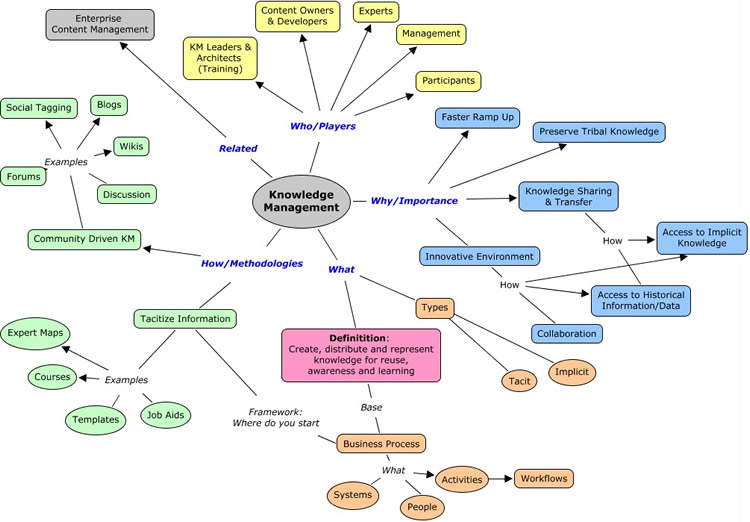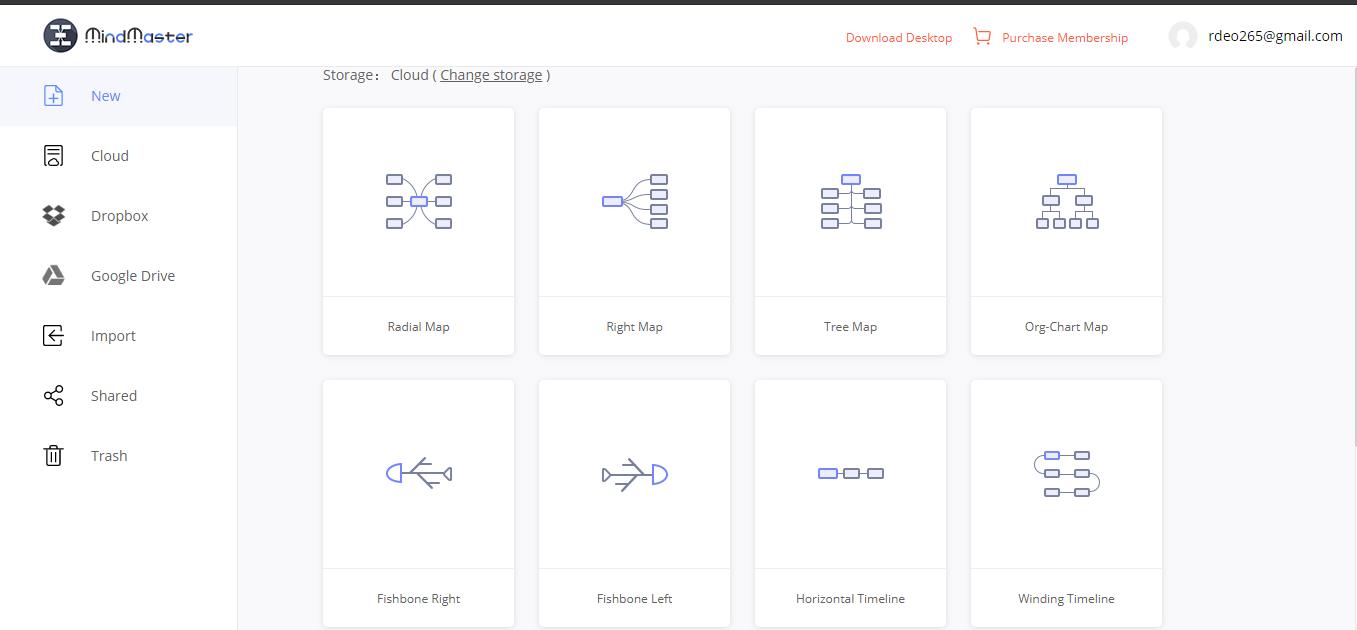What is Knowledge Management
Try NowKnowledge is an indispensable resource for a company. It affects the success of a company and its future position. Effective knowledge management is vital to surge productivity and efficiency in an organization.

What is Knowledge Management?
Knowledge Management is the systematic management of all the organization’s knowledge and a method of creating, sharing, and using them in an organization. It encompasses steps, processes, strategies, and systems for sustaining and boosting the storage, assessment, sharing, refinement, and the building of knowledge too. In layman terms, you can call it as the process of providing the correct education to the correct people at the correct time with the right proportion and the right degree of abstractness.
Knowledge Management is a multidisciplinary technique, which is implemented in an organization for the achievement of organizational objectives by using knowledge in the best possible way. It must be purposeful, concrete, and action-oriented to get the most benefit for the organizations and individuals. The organization’s performance, competitiveness, innovation, and consistent improvement are some of the objectives of a company where knowledge management focuses.

Image Source: nkilkenny.wordpress.com
Why is Knowledge Management Important?
Markets change rapidly, and so do the interests of consumers. Idea management and innovative management are the techniques by which organizations can keep abreast of this change and remain relevant to the people they serve.
You can define the importance of knowledge management with the help of the following points:
Aware employees
Knowledge management tools tell employees about their tasks and responsibilities. It eases the time saving and effort of an employee because everyone gets to know what they have to do and where they have to go for finding out the company’s destination. The knowledge passes from employees to employees.
Facilitate Availability of Knowledge
Knowledge is everywhere around us. It can be applied wherever necessary and readily available whenever needed. Knowledge management promotes responsiveness to customers, stakeholders, and employees. Besides, it helps in avoiding the wastage of time. It will assist in the smooth running of the organization with ample information available for organizing various activities.
Adaptability
Knowledge management strategy leads to the development, acquirement, and processing and retaining of the knowledge. As a result, it will help in the adaptability of organizational change.
Decision Making
Knowledge makes the decision-making process more manageable. It provides stats and trends of the past for making the right decision in the present and future time. Taking the right choice will reduce potential risks.
Globalization
The modern business is part of a globalized environment carrying a vast amount of knowledge, so knowledge management becomes a relevant discipline to study.
What are the Components of Knowledge Management?
There are four main components of Knowledge Management as follows:
People
The collection, building, sharing, and application of knowledge is through the interaction between people. They will create an environment where learning exchanges, and the knowledge management system implements like technology experts, professionals, and knowledge managers.
Process and Practices
Organizations that value Knowledge management processes and practices will observe a smooth flow of knowledge within their environment. It involves the creation, identification, collection, processing, reviewing, and sharing of knowledge.
Technology
Technology plays a supporting role in the management of knowledge. It refers to hardware and software packages or anything that enables effective knowledge management for storing knowledge and easy to share later.
Strategy
It is not enough to have great people and excellent technology, but the strategy also matters. Every organization requires a solid business plan for understanding the knowledge need.
Knowledge Management Tool - Mind Map
Mind mapping is a smart way to organize a massive amount of explicit information in a graphical form. It can help a business in the formation of policies and procedures. The technique is quite popular among students, companies, and many individuals. A knowledge management tool is compulsory for the creation of a mind map. It is also crucial for analyzing the relationship between content, people, topics, and activity for outperforming rivals. You can use mind maps for organizing implicit and explicit; formal and informal; documented and undocumented; external and internal knowledge. They are useful in finding the strength and weaknesses of a company.

Mind master is a multi-purpose online tool for building a mind map. It is a cross-platform application for brainstorming and forming new ideas. Organizations can use this knowledge management tool for filling out the gaps between knowledge and people. It allows you to customize mind maps depending on your choice and interest. Learning to draw mind maps is quite easy with EdrawMind.
Features
- It delivers superb performance
- Runs smoothly on any device
- Come with an intuitive UI
- Supporting almost all the major platforms
- Available for online use too
- Affordable membership plan
- Offers the chance to connect with other mind map creators in the community
- It is easy to function knowledge management tool 700+ clip art helps to create a beautiful mind map
- Hundreds of templates and themes are there to generate a creative mind map
- Providing free trial for three days if you want to try first
- You can draw any mind map on mind master
Benefits
Knowledge Management Strategy
Knowledge management strategy refers to a plan of action containing the details on how an organization manages company information, knowledge, and statistics for enhancing productivity and efficiency.
Moreover, a knowledge management strategy is good when it has the following components:
Clearly stated Strategy and Objectivesof business
The company must include the list of products and services, target customers, distribution channels, mission and visions, characterization of environment clearly stated and explained in its knowledge management strategy.
Knowledge-Based Business Problems
The business problems must be knowledge-based, which will help in identifying the need for collaboration, need to level performance variance, need for innovation, and need to address focus on the burden of information.
The Inventory of Available Knowledge Resources
Knowledge resources are an essential ingredient in the success of an organization. Every company must form a knowledge management strategy by taking care of inventory of available knowledge resources such as knowledge capital, social capital, and infrastructure capital.
Analysis of Recommended Knowledge Leverage
This component includes the points prepared from the identified knowledge needs. It also involves the preparation of projects to increase the return on investment and value.

